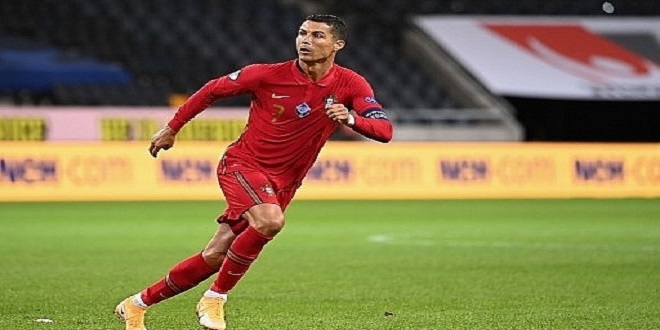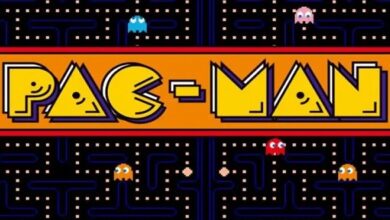
In 1986, the year after Cristiano Ronaldo was born, Portugal signed up to the European Economic Community, stimulating a consumer bonanza and accelerating the country’s embrace of a liberal parliamentary system, and changes in social mores.
By 1996, Portuguese football was ready to enter a new stage in its history, with one of its biggest clubs taking a serious punt on a player – not from the mainland or one of its African colonies, but from Madeira, an island better known for its wine and its plants than any aspect of its local sports. Fernando Sousa was that player’s godfather, who had recommended Ronaldo to his friends at Nacional’s academy. Sousa decided to contact a friend, João Marquês de Freitas, after Cristiano’s mother had suggested her son’s best hope of a decent future was in making money as a football player, and pursue his career on the Portuguese mainland.
De Freitas was an influential Madeiran lawyer, who worked as an attorney for the Portuguese state. His network of contacts on the Portuguese mainland extended to Sporting Clube de Portugal, the Lisbon club of which he was a passionate supporter. De Freitas was on good terms with all the senior directors and technical staff, thanks to his long service as the president of Sporting’s fan club in Madeira.
As described in the first chapter, Nacional had grown as a sporting entity during the 1980s and 1990s, but still lacked the resources of the big clubs on the mainland. If football was to offer a potential escape from Cristiano’s adverse family circumstances, Sousa and Dolores Aveiro agreed that they would have to embrace the opportunities de Freitas’s contacts offered. If Cristiano failed to impress in Lisbon, they would think again, but at the time it was all that was on offer. As a player he seemed to be among the best of his age group, but remained unknown and untested in a more competitive environment.
Pina accompanied Ronaldo on a number of holidays to Madeira. His enduring memories are of waking up in the morning to find that Cristiano was already playing with a ball. He would later train by putting weights round his ankles and running up Funchal’s steep hills, before playing some more football with his island friends.
By this time, aged fourteen, Ronaldo had no doubt that he had the ability to play professionally, and agreed with his mother that he should cease his education in order to focus entirely on his football. However, one year later, a medical check-up showed up a congenital heart murmur, which caused a quickening of the pulse during rest periods. It was corrected by non-intrusive laser surgery and not widely publicized at the time, but would later be absorbed into Ronaldo’s official history – not as a sign of fragility, but, on the contrary, as yet another example of his resilience.
One evening, Ronaldo and a group of other Sporting prospects were attacked on a Lisbon street by a gang wielding knives. The club legend has it that the streetwise Ronaldo, formed in the poorest neighbourhood of Funchal, was the only one to hold his ground and fight off the aggressors. The skinny boy from Madeira was finding his feet.





